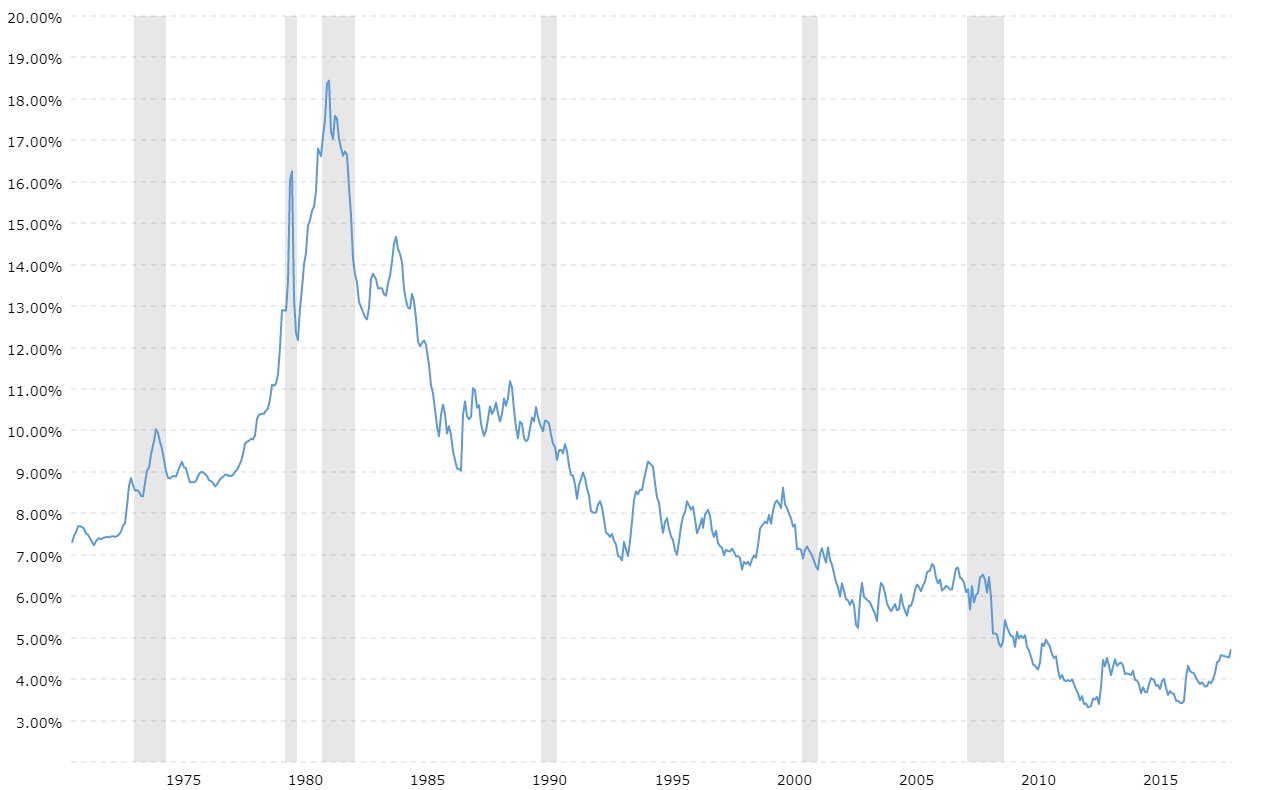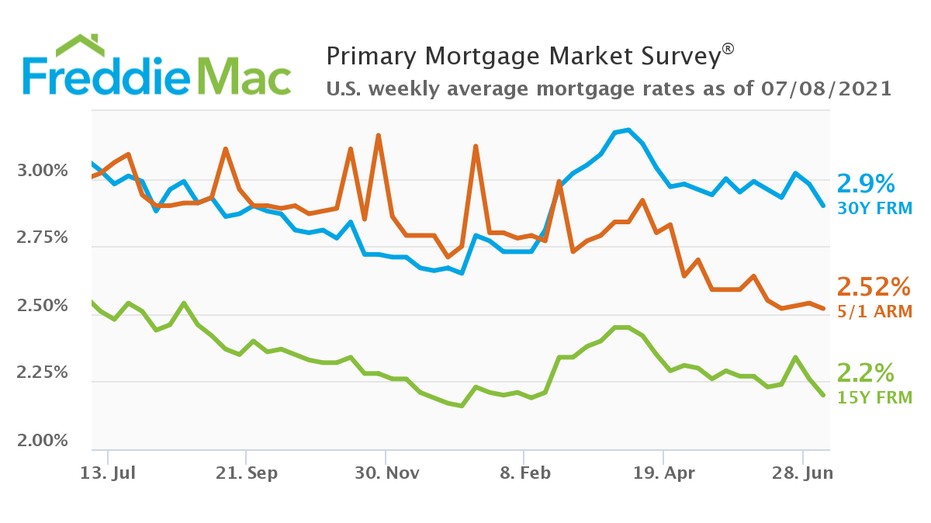In such conditions, expectations are for home prices to moderate, considering that credit will not be readily available as kindly as Get more info earlier, and "people are going to not have the ability to manage rather as much home, offered higher interest rates." "There's a false narrative here, which is that most of these loans went to lower-income folks.
The financier part of the story is underemphasized." Susan Wachter Wachter has blogged about that refinance boom with Adam Levitin, a professor at Georgetown University Law Center, in a paper that describes how the real estate bubble took place. She recalled that after 2000, there was a big expansion in the cash supply, and rate of interest fell significantly, "causing a [refinance] boom the similarity which we hadn't seen before." That phase continued beyond 2003 due to the fact that "numerous gamers on Wall Street were sitting there with absolutely nothing to do." They spotted "a brand-new kind of mortgage-backed security not one associated to re-finance, however one related to broadening the home loan lending box." They likewise found their next market: Borrowers who were not effectively certified in terms of income levels and down payments on the homes they bought in addition to investors who aspired to purchase - who has the lowest apr for mortgages.
Instead, financiers who benefited from low home loan finance rates played a big role in fueling the housing bubble, she explained. "There's an incorrect narrative Have a peek here here, which is that most of these loans went to lower-income folks. That's not real. The investor part of the story is underemphasized, but it's real." The evidence reveals that it would be inaccurate to explain the last crisis as a "low- and moderate-income event," said Wachter.
Those who could and wanted to cash out later on in 2006 and 2007 [took part https://sandirk8qf.doodlekit.com/blog/entry/18850718/getting-the-which-mortgages-have-the-hifhest-right-to-payment-to-work in it]" Those market conditions likewise brought in customers who got loans for their 2nd and 3rd homes. "These were not home-owners. These were financiers." Wachter said "some fraud" was likewise included in those settings, particularly when people listed themselves as "owner/occupant" for the houses they financed, and not as financiers.
The Ultimate Guide To How Many Va Mortgages Can You Have
" If you're a financier strolling away, you have absolutely nothing at threat." Who bore the expense of that at that time? "If rates are decreasing which they were, effectively and if deposit is nearing absolutely no, as an investor, you're making the cash on the benefit, and the drawback is not yours.

There are other undesirable results of such access to inexpensive money, as she and Pavlov noted in their paper: "Asset prices increase since some debtors see their borrowing constraint unwinded. If loans are underpriced, this impact is amplified, due to the fact that then even previously unconstrained borrowers efficiently select to purchase instead of rent." After the housing bubble burst in 2008, the variety of foreclosed houses offered for financiers rose.
" Without that Wall Street step-up to purchase foreclosed residential or commercial properties and turn them from home ownership to renter-ship, we would have had a lot more down pressure on prices, a lot of more empty homes out there, costing lower and lower costs, resulting in a spiral-down which took place in 2009 with no end in sight," stated Wachter.
But in some ways it was essential, because it did put a floor under a spiral that was occurring." "An important lesson from the crisis is that even if somebody wants to make you a loan, it doesn't suggest that you need to accept it." Benjamin Keys Another typically held understanding is that minority and low-income households bore the brunt of the fallout of the subprime lending crisis.
The Best Strategy To Use For What Type Of Insurance Covers Mortgages
" The fact that after the [Excellent] Economic downturn these were the families that were most hit is not evidence that these were the homes that were most lent to, proportionally." A paper she wrote with coauthors Arthur Acolin, Xudong An and Raphael Bostic took a look at the boost in own a home throughout the years 2003 to 2007 by minorities.
" So the trope that this was [triggered by] providing to minority, low-income families is simply not in the information." Wachter also set the record directly on another element of the marketplace that millennials choose to rent instead of to own their homes. Surveys have revealed that millennials desire be property owners.
" One of the significant outcomes and not surprisingly so of the Great Economic downturn is that credit scores needed for a home mortgage have increased by about 100 points," Wachter noted. "So if you're subprime today, you're not going to be able to get a home loan. And many, numerous millennials sadly are, in part because they may have handled trainee debt.
" So while down payments do not have to be large, there are actually tight barriers to gain access to and credit, in regards to credit history and having a consistent, documentable earnings." In terms of credit access and threat, since the last crisis, "the pendulum has swung towards a really tight credit market." Chastened perhaps by the last crisis, more and more individuals today prefer to lease rather than own their home.
Which Banks Are Best For Poor Credit Mortgages - An Overview

Homeownership rates are not as resilient as they were in between 2011 and 2014, and regardless of a slight uptick just recently, "we're still missing out on about 3 million house owners who are renters." Those three million missing homeowners are individuals who do not qualify for a home loan and have actually become renters, and subsequently are pressing up leas to unaffordable levels, Keys kept in mind.
Prices are currently high in development cities like New York, Washington and San Francisco, "where there is an inequality to begin with of a hollowed-out middle class, [and in between] low-income and high-income renters." Homeowners of those cities deal with not just higher real estate costs however also higher leas, that makes it harder for them to conserve and ultimately purchase their own house, she included.
It's simply far more challenging to end up being a property owner." Susan Wachter Although real estate prices have actually rebounded overall, even changed for inflation, they are refraining from doing so in the markets where homes shed the most worth in the last crisis. "The return is not where the crisis was concentrated," Wachter said, such as in "far-out residential areas like Riverside in California." Rather, the demand and greater prices are "focused in cities where the jobs are." Even a years after the crisis, the real estate markets in pockets of cities like Las Vegas, Fort Myers, Fla., and Modesto, Calif., "are still suffering," stated Keys.
Clearly, home prices would ease up if supply increased. "Home home builders are being squeezed on two sides," Wachter said, describing increasing expenses of land and building and construction, and lower need as those factors push up prices. As it occurs, the majority of new building is of high-end houses, "and understandably so, because it's costly to construct." What could assist break the pattern of increasing housing costs? "Regrettably, [it would take] a recession or an increase in rate of interest that perhaps results in a recession, together with other aspects," stated Wachter.
All About What Are Cpm Payments With Regards To Fixed Mortgages Rates
Regulatory oversight on financing practices is strong, and the non-traditional lending institutions that were active in the last boom are missing, however much depends on the future of regulation, according to Wachter. She particularly described pending reforms of the government-sponsored enterprises Fannie Mae and Freddie Mac which ensure mortgage-backed securities, or packages of real estate loans.